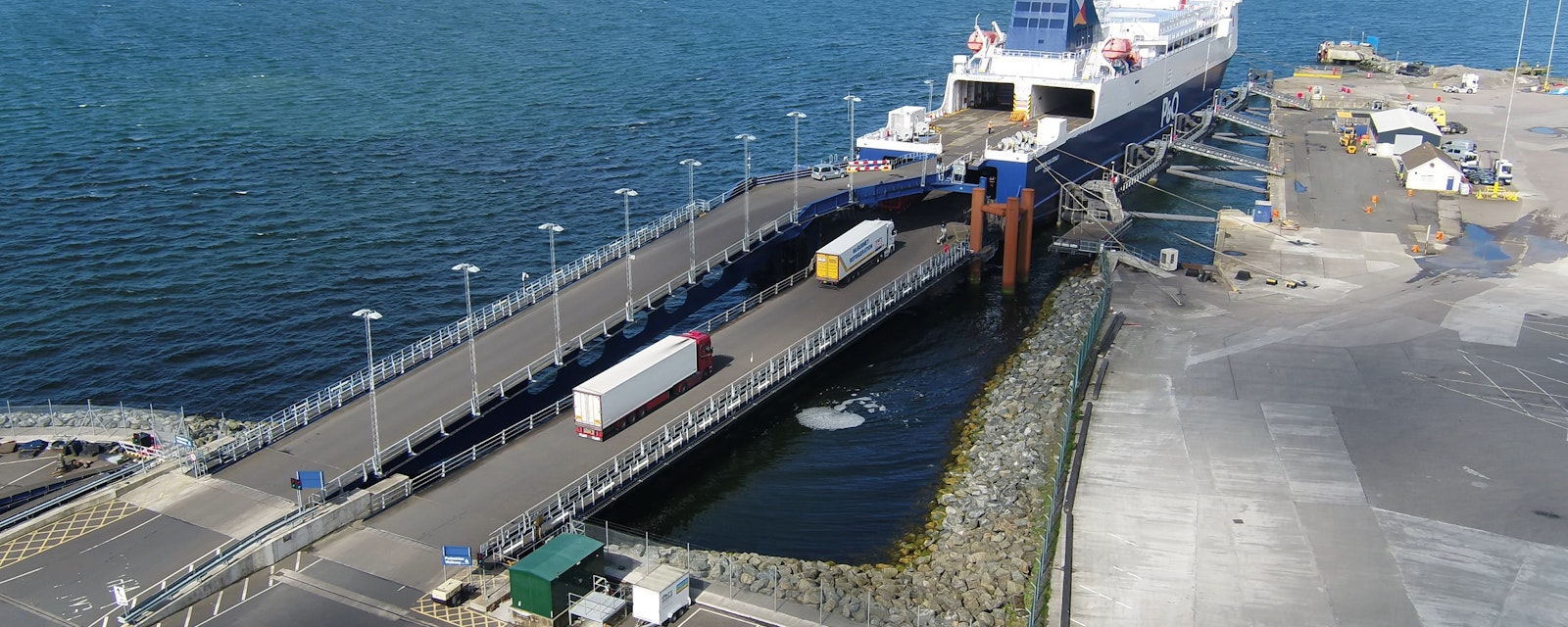The UK has once more extended the grace periods for border checks in the Irish Sea – this time, however, accepted by the EU. While this will mean more time for both sides to find solutions, hopes for a renegotiation of the Northern Ireland protocol remain unrealistic. As discussed in the past, rather, further extensions are likely, offering both sides time to generate progress on individual technical issues.
In the meantime, Covid-related supply chain issues and labor shortages continue to hit the UK alongside those created by Brexit. For instance, thousands of EU truck drivers have left the UK at least partly because of Brexit, creating severe shortages with negative effects on supply chains. However, the government is still resisting the idea of temporarily allowing more truck drivers to migrate to the UK. Many commentators claim that the government remains stubborn on this issue mainly because a U-turn would prove the real world failure of the Brexiters’ populist project of reducing immigration.
However, such a perspective probably underestimates the electoral politics – and the real-world interests of some voter groups – behind the project of ending EU freedom of movement. Many of Labour’s former working-class voters first opted for Brexit (and then followed Boris Johnson to the Conservatives) not just out of some diffuse rejection of immigration, but with the more specific hope that ending EU freedom of movement would encourage British businesses to pay higher wages and improve conditions and training for UK residents for certain jobs. Johnson can hardly disregard these demands and needs to deliver on some of these concerns. Indeed, pay of truck drivers is now going up. However, this approach will take time, meaning that the UK will likely face truck driver shortages for the next 1-2 years.
This political logic is mirrored in a whole range of other areas, from agricultural seasonal workers to vets, warehouse, and hospitality workers. Over several years, it may be that pay and conditions improve for these workers, with UK residents eventually filling the vacancies. If and when this happens, it would likely be popular for Johnson and the Tories. But in the short to medium term, these Brexit factors will be added to Covid supply chain problems. Johnson’s supporters will have to put up with supply disruptions and reduced choice from supermarkets and suppliers. Some hospitality venues might be opening only limited hours, and some price hikes are possible because of shortages to contend with.
As an immediate counter measure, the government is now considering postponing the imposition of full border checks from the EU from October and January until later in 2022. The idea behind such a move would be to not make matters any worse in the run up to Christmas by insisting on full import controls on 1 January. However, this would continue to provide EU exporters with major advantages over UK companies, as EU exporters can export to the UK without controls while UK exporters to the EU face full EU checks.
Politically, there is a real risk for Johnson that inflation, price rises and now tax hikes could make him increasingly unpopular as living standards are squeezed in the run up to a general election in 2023/24. Meanwhile, there is little doubt that some of the practical effects of Brexit are starting to be seen.




